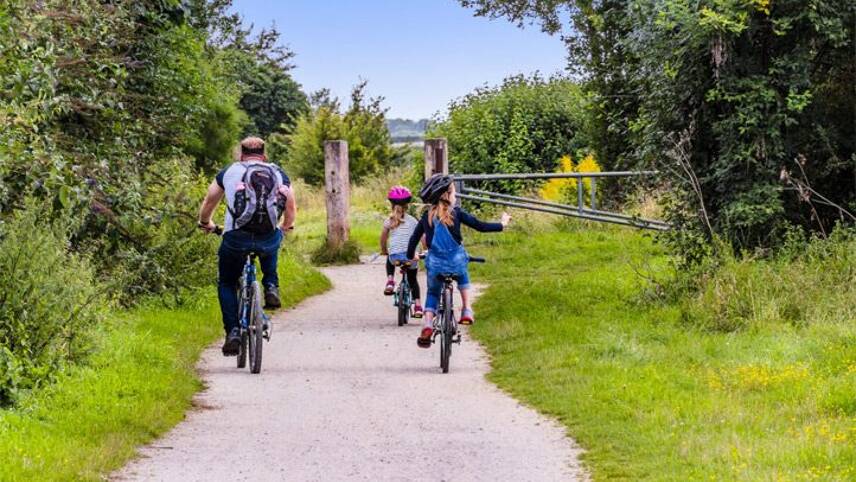Register for free and continue reading
Join our growing army of changemakers and get unlimited access to our premium content

These grants, disbursed as part of Bupa Global & UK’s Healthy Cities initiative, have been awarded to nearly 240 schools, not-for-profit organisations and charities.
During June this year, Bupa staff, partners, and patrons collectively walked almost one billion steps, generating funding for the inception of the Bupa Foundation Green Community Grants Program, which is administered by the national community charity, Groundwork.
This initiative invited funding proposals from community groups, and 241 applications were selected to receive grants of up to £2,500 each.
Bupa Foundation’s chair Stuart Brown said: “People’s health and planet health are inextricably linked, which is why it’s essential that we work to increase access to nature and green spaces.
“We received more than 1,000 applications for funding and the standard of applications made the judging process incredibly difficult. I’m pleased that the Bupa Foundation is able to fund so many fantastic projects around the country, living our purpose to help people live longer, healthier, happier lives and making a better world.”
The beneficiaries of this initiative encompass a diverse array of organisations, including 165 schools, community groups, charities, and food banks. These recipients will use their grants for initiatives such as outdoor classrooms, forest schools, sensory gardens, community allotments, parks, playgrounds, and enhancements to existing green spaces.
The grants are anticipated to directly impact and enhance the lives of up to 70,000 individuals throughout the regions of England, Wales, Scotland, and Northern Ireland.
The overarching goal of this program is closely aligned with Bupa’s global aspiration to support on million people in improving their health annually by 2025 through the restoration and regeneration of natural spaces.
Nature as a healthcare solution
Research conducted by Bupa revealed that a considerable segment of the UK population, approximately two in five individuals, spends less than one hour a day outdoors. This lack of exposure to green environments has been shown to exert detrimental effects on both mental and physical well-being.
Studies demonstrate that spending time in outdoor green spaces can have a profound impact on the betterment of health and overall well-being.
Moreover, Bupa highlights that the enhancement of green areas provides a crucial chance to tackle environmental issues, particularly by diminishing pollution, a factor indisputably associated with respiratory disorders, cardiovascular ailments, and specific forms of cancer.


Please login or Register to leave a comment.